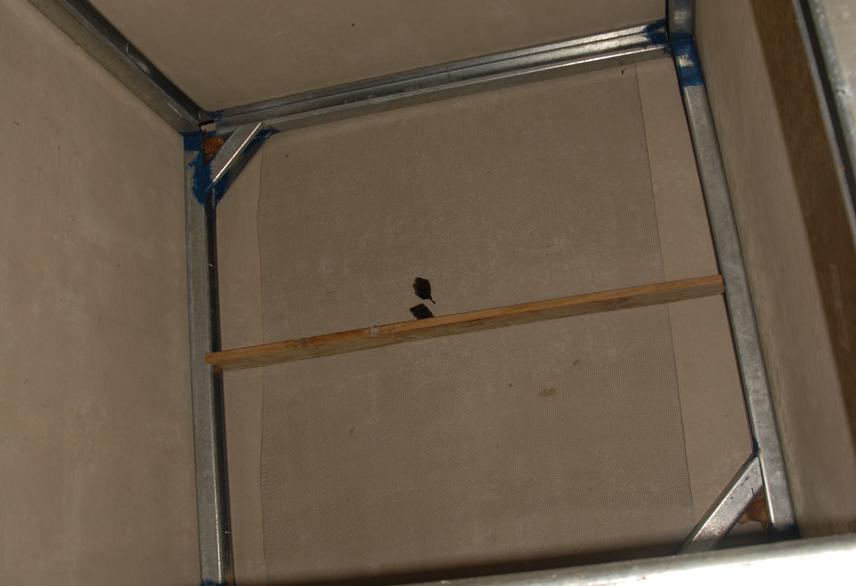Social media video featuring the project.
Bats approaching roost GChaverri
2 Sep 2013 Península de Osa, Costa Rica, Central and Latin America Plants | Bats
The aim of this project is to identify the utility of bat roosts for tropical forest regeneration and develop tools for informing about bats as agents of seed dispersal.

Bats are important seed dispersers in the tropics. Their fruit consumption increases dispersal distance from parent plants, seed germination, and seed survival. They disperse keystone species, and help maintain forest diversity because of their diverse diet. In addition, bats aid in forest regeneration because many of their food plants are pioneer species, and bats deposit their seeds in highly disturbed areas where other frugivores rarely venture. Therefore, a healthy frugivore bat community is important for successful forest regeneration and the maintenance of diverse plant communities.
However, bats lose essential roost trees by deforestation. Also, bats are often regarded as pests and their roosts are destroyed, which affects bat distribution with concomitant effects on seed dispersal. Artificial bat roosts have been suggested as an effective tool for facilitating bat colonization of deforested areas, thus supporting seed dispersal and potentially accelerating reforestation. However, while the significance of artificial roosts in attracting bats is recognized, their effect on forest succession has not been tested. Also, the utility of roosts for reforestation may be hampered due to superstition towards bats and the pivotal role of bats as agents of forest recovery is still not appreciated by conservation and government agencies in their regeneration programs.
Our project will contribute to improving forest restoration in the tropics, by testing, developing and propagating a novel method for augmenting seed dispersal in degraded habitats as well as improving the image of bats by informing on their beneficial role as principal agents of seed dispersal and forest recovery. Our study will be conducted in disturbed habitats in the lowlands of southwestern Costa Rica. We will install artificial bat roosts at three sites in abandoned pastures; these roosts will be monitored twice a month to determine bat colonization. After colonization success we will measure seed input and monitor plant establishment around roosts. Moreover, we will select a 20 x 20 m area for conducting seedling establishment experiments within the study sites. The project’s social component, by involving land-owners, schools, NGOs, and the local government, in all steps of the project aims for a greater appreciation of reforestation projects as well as bats as providers of ecosystem services. Thus, the project will contribute to forest recovery, but also the protection of all bat species, as their bad image is threatening most species due to roost destruction and killing.
Social media video featuring the project.
Bats approaching roost GChaverri